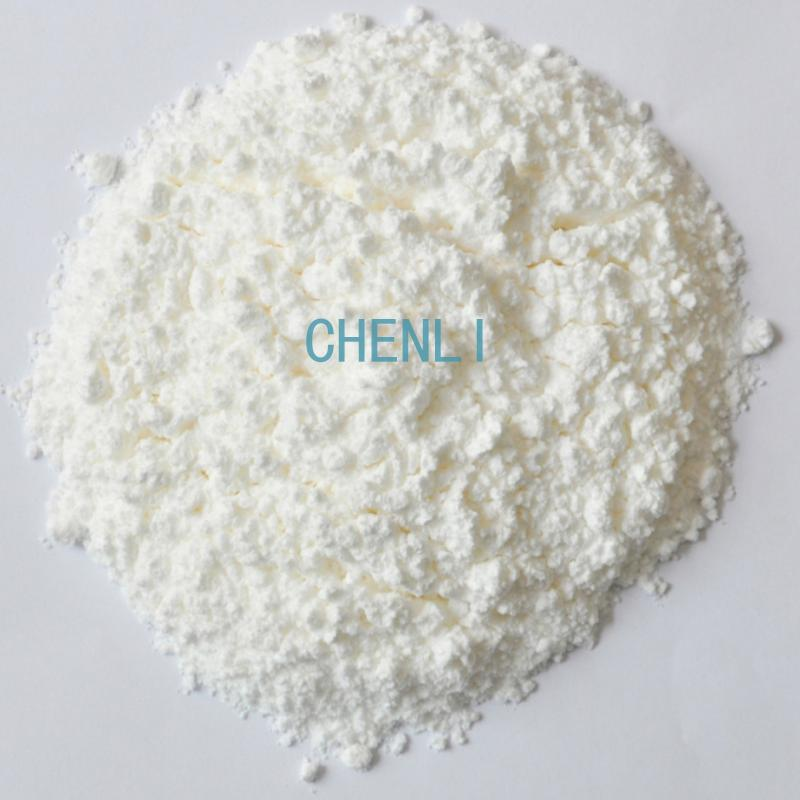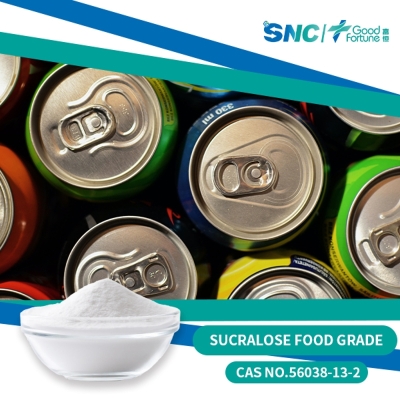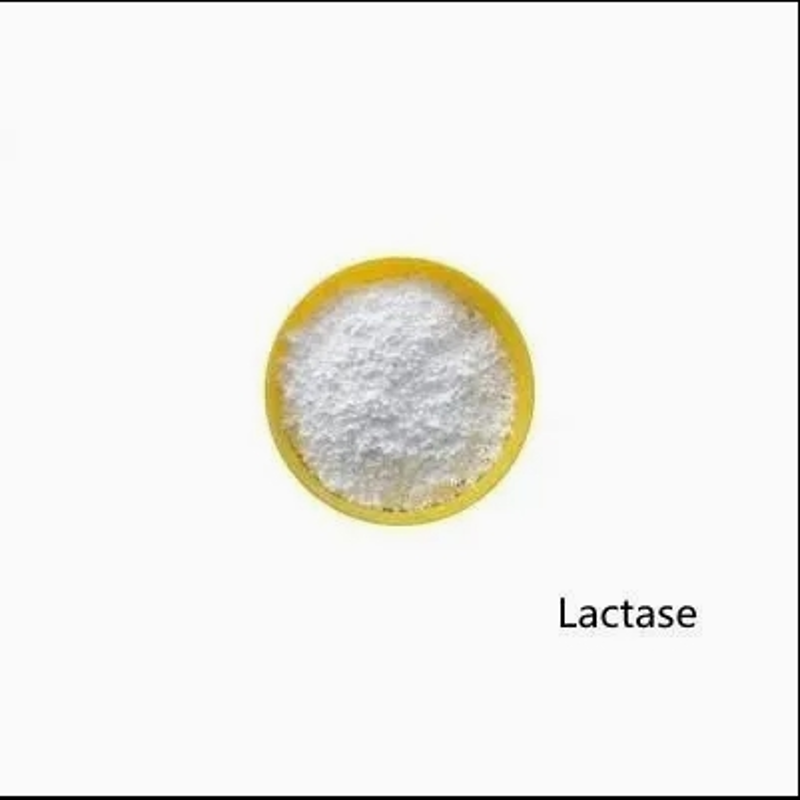-
Categories
-
Pharmaceutical Intermediates
-
Active Pharmaceutical Ingredients
-
Food Additives
- Industrial Coatings
- Agrochemicals
- Dyes and Pigments
- Surfactant
- Flavors and Fragrances
- Chemical Reagents
- Catalyst and Auxiliary
- Natural Products
- Inorganic Chemistry
-
Organic Chemistry
-
Biochemical Engineering
- Analytical Chemistry
-
Cosmetic Ingredient
- Water Treatment Chemical
-
Pharmaceutical Intermediates
Promotion
ECHEMI Mall
Wholesale
Weekly Price
Exhibition
News
-
Trade Service
The use of tag sugar to sweeten food and beverage products
has taken a step forward, with South Korean scientists giving the first quantitative data on the relationship between tag sugar sweetness and sucrose's sweetness levels in food and beverages."company Nutrilab NV is preparing to introduce
tag sugar, a low-calorie, low-sugar bulk sweetener, to the North and South American markets next year, according to FoodNavigator. But as early as six years ago, dairy tycoon Ala Foods pulled out of the scheme, saying it had no commercial prospects.Not only does D-
tag sugar have a 92% sweetness of sucrose and taste similar, but its 1.5 cal/g energy level does not raise blood sugar levels compared to sucrose 4 cal/g energy levels, making it more suitable for diabetics and potential diabetics. At the same time, D-tag sugar also has the properties of probiotics.it was originally mass-produced in
through joint ventures
Nordzucker
and
SweetGredients
Ala Foods.
production was halted in 2006 as both sides tried to bring it to market., however, Nutrilab NV, a subsidiary of Belgian company Damhert, has just opened a ten-ton tag sugar production facility near Rome, Italy, and says it is confident of success where Ara Foods failed.
New data South Korean scientists have now reported a comparison of
to Tage sugar (CJ Corp., South Korea) and other sweeteners commonly found in food and beverages, including sucrose, sucralose, erythromylitol,
lesions
A., published in the Journal of Food Science,
will help provide basic guidelines for the use of tag sugar in food and beverages.34 people rated sweetness, bitterness, convergence, chemical sensation and sweetness aftertaste from 3 to 20 percent sugar content.They said the results showed that tag sugar had a sweet taste and did not have any other undesirable properties (bitter, astringent, chemical) tag sugar was found to get the same sweetness as sucrose when it rose to a certain point in
, which meant that "tag sugar produced about the same relative sweetness as sucrose throughout the concentration range test.", however, other sweeteners are
different, their sweetness is highly dependent."These basic data, together with information on taste characteristics of tag sugars and other sweeteners, can serve as basic guidelines to guide their use in food and beverages," the South Korean scientists concluded.







